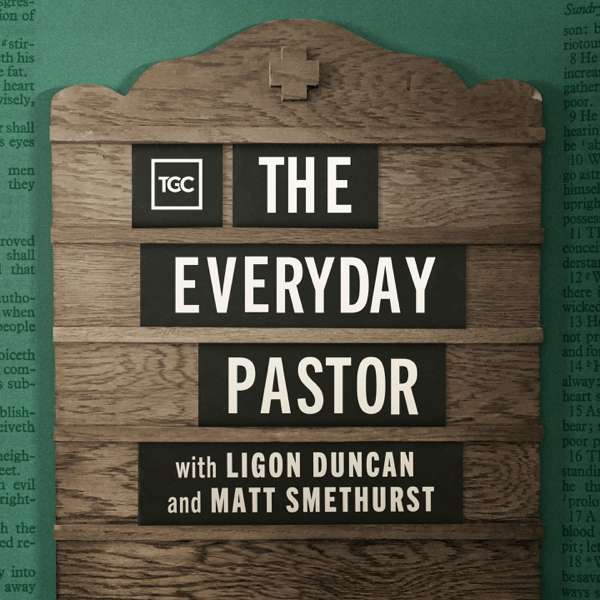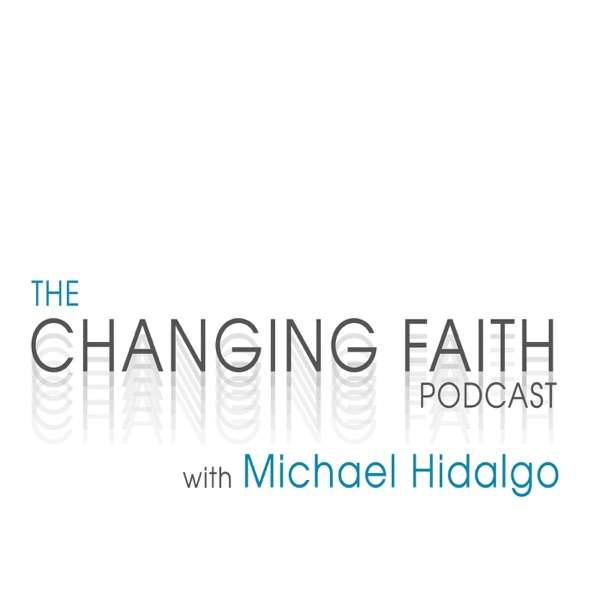Blaise Pascal’s Case for Christianity
I. The Genius of Blaise Pascal
A. Amazing life of Blaise Pascal (1623-1662)
B. Pascal as an apologist; not a fideist (unlike Soren Kierkegaard)
C. Nature of apologetics.
Defend the Christian worldview as objectively true, compellingly rational, and pertinent to all of life (1 Peter 3:15)
II. Pascal’s Case for Christianity
A. His apologetic be reconstructed.
Order. Men despise religion. They hate it and are afraid it may be true. The cure for this is first to show that religion is not contrary to reason, but worthy of reverence and respect. Next make it attractive, make good men wish it were true, and then show that it is. Worthy of reverence because it really understands human nature. Attractive because it promises true good.
B. We consider only two elements: the wager and the deposed royalty argument; there are more. See Douglas Groothuis, Beyond the Wager: the Christian Brilliance of Blaise Pascal (InterVarsity Academic, 2024).
III. The Wager: Risks, Rewards, Options
A. We should bet on God being rule instead of betting on God’s unreality in light of the possible consequences.
I should be much more afraid of being mistaken and then finding out that Christianity is true than of being mistaken in believing it to be true.
B. Theoretical reason: Is P true? How can I know this?
C. Prudential reason: What do I gain or lose by believing P? What actions should I pursue on this matter?
D. The outcomes and belief states
1. Believer, if Christian God exists:
Gain: eternal life; avoid hell. Infinite gain
Loss: worldly pleasures. Finite loss
2. Believer, if Christian God does not exist:
Gain: pleasures of religion. Finite gain
Loss: worldly pleasures and truth. Finite loss
3. Unbeliever (atheist or agnostic or member of other religion), if Christian God exists:
Gain: worldly pleasures. Finite gain
Loss: eternal life; gain hell, infinite loss
4. Unbeliever, if Christian God does not exist:
Gain: worldly pleasures. Finite gain
Loss: nothing.
E. Given the stakes, we should investigate the claims of Christianity with an open mind and open heart and not be indifferent.
There are only three sorts of people: those who have found God and serve him; those who are busy seeking him and have not found him; those who live without either seeking or finding him. The first are reasonable and happy, the last are foolish and unhappy, those in the middle are unhappy and reasonable.
IV. The Human Problem and Puzzle
A. What sort of freak then is man! How novel, how monstrous, how chaotic, how paradoxical, how prodigious! Judge of all things, feeble earthworm, repository of truth, sink of doubt and error, the glory and refuse of the universe! (131/434).
B. How to live with the human burden in light of reality; “deposed royalty” who can be restored through Jesus Christ
C. What are the options? We will look at two “live hypotheses”
V. A True, Rational, and Significant Explanation.
A. True explanation of the human condition: one that agrees with objective reality; factual; realism.
B. Rational explanation: one that explains who we are in accordance with the evidence and sound reasoning.
C. Significant explanation: one that gives us value, meaning, and realistic hope for being human in the world. Philosophical anthropology is a very important part of any worldview.
D. Manner of explanation: abduction (inference to best explanation)
VI. Views of Being Human: The New Age Worldview
A. New Age or spiritual worldview: Ken Wilber, Oprah Winfrey, Deepak Chopra
1. Background belief on humanity
a. Pantheism: everything is divine.
b. Monism: all is one (or nondualism)
c. Morality is not absolute, but good and evil dissolve into a universal and impersonal oneness.
2. New Age view on humanity
a. Human nature is really a divine nature: we are one with an impersonal deity.
b. Human problem: we have forgotten our true identity as divine, one with all things, and unlimited.
c. Human solution: Find the divine within through meditation, yoga, self-realization seminars.
3. Questioning New Age philosophy
a. Human beings are limited in power and goodness; this is evident and not a delusion or matter of ignorance.
b. There are moral realities that reveal a moral dualism: good and evil; right and wrong; virtue and vice. Rape is always wrong; kindness is better than wanton cruelty.
VII. Christianity: Deposed Royality
A. Background belief: personal theism—God as Creator, Lord, Judge
B. Pascal’s point can be strengthened by natural theology: arguments for God’s existence from nature and in accord with reason.
C. Human nature: created in God’s image and likeness (Genesis 1:27)
1. Uniqueness of humanity: ethics, culture, language, religion
2. Human greatness: creativity, intelligence, etc. (#113/348)
Thinking reed. It is not in space that I must seek my human dignity, but in the ordering of my thought. It will do me no good to own land. Through space the universe grasps me and swallows me up like a speck; through thought I grasp it.
3. Human dignity: image-bearers of God (Psalm 8:3-5)
4. Disjunction from the rest of the living world; different in kind, not just degree
D. Human problem: we are fallen, warped, alienated, deposed
1. Human evil: sexism, racism, pettiness, greed, envy, ad nauseum
2. Our moral and spiritual corruption (Psalm 14:1-3; Mark 7:21-23)
3. Corruptio optimi pessima: “There is nothing worse than the corruption of the best.”
4. The essential problem: pride, self-centeredness, egotism (Romans 3:9-20)
5. Escaping our condition through diversion
Diversion. If man were happy, the less he were diverted the happier he would be, like the saints and God. Yes: but is a man not happy who can find delight in diversion?
E. Neither angel nor beast, but human
It is dangerous to explain too clearly to man how like he is to the animals without pointing out his greatness. It is also dangerous to make too much of his greatness without his vileness. It is still more dangerous to leave him in ignorance of both, but it is most valuable to represent both to him. Man must not be allowed to believe that he is equal either to animals or to angels, nor to be unaware of either, but he must know both.
F. Humans! Wretched and great
G. The reality of death; life kills us all; finite time to figure it all out (Hebrews 9:27).
VIII. Finding Truth, hope, and Purpose
A. The human condition requires a radical, transcendent cure
B. Jesus Christ provides this liberating cure for all people
1. Jesus: You must repent (Matthew 4:17).
2. Jesus provides forgiveness, reconciliation, and restoration (John 3:16-18; Romans 5:6-8: Ephesians 2:1-10)
6 You see, at just the right time, when we were still powerless, Christ died for the ungodly. 7 Very rarely will anyone die for a righteous person, though for a good person someone might possibly dare to die. 8 But God demonstrates his own love for us in this: While we were still sinners, Christ died for us (Romans 5:6-8).
3. The message is liberating for everyone; we are all deposed royalty (Matthew 28:18-20; Acts 4:12; I Timothy 2:5-6).
C. Being human with knowledge, hope, and integrity
1. Jesus is a God whom we can approach without pride and before whom we can humble ourselves without despair.
2. A world view that makes sense of oneself and others
3. The strength to love and serve through Jesus Christ, “the Mediator” (Pascal’s term)
The Christians’ God is a God who makes the soul aware that he is its sole good: that in him alone can it find peace; that only in loving him can it find joy: and who at the same time fills it with loathing for the obstacles which hold it back and prevent it from loving God with all its might.
4. Provides incentive to give oneself selflessly to God and God’s liberating program for humanity.
5. Know then, proud man, what a paradox you are to yourself. Be humble, impotent reason! Be silent, feeble nature! Learn that man infinitely transcends man, hear from your master your true condition, which is unknown to you. Listen to God.
Resources on Blaise Pascal and the Human Condition
1. Douglas Groothuis, Beyond the Wager: The Christian Brilliance of Blaise Pascal (InterVarsity, 2024).
2. Douglas Groothuis, Christian Apologetics: A Comprehensive Case for Biblical Faith, 2nd ed. (InterVarsity Press, 2022).
3. Douglas Groothuis, Truth Decay: Defending Christianity Against the Challenges of Postmodernism (InterVarsity Press, 2000). Critique of postmodernist ideas in philosophy, theology, ethics, race, gender, and the arts.
4. Blaise Pascal, Pensées, ed. Alban Krailsheimer (Penguin, 1966). Standard collection with an excellent introduction by Krailsheimer.
5. Blaise Pascal, The Mind on Fire, ed. James Houston (Bethany House Publishers, 1997). Collection from Pensées and Pascal’s shorter works. Excellent introduction by Os Guinness.
6. Michael Rota, Taking Pascal’s Wager: Faith, Evidence, and the Abundant Life (InterVarsity, 2016).
7. James W. Sire, The Universe Next Door: A Basic Worldview Catalogue, 5th ed. (InterVarsity Press, 2009). Compares major worldviews, including each worldview’s understanding of the human condition.
Discover more Christian podcasts at lifeaudio.com and inquire about advertising opportunities at lifeaudio.com/contact-us.

 Our TOPPODCAST Picks
Our TOPPODCAST Picks  Stay Connected
Stay Connected







